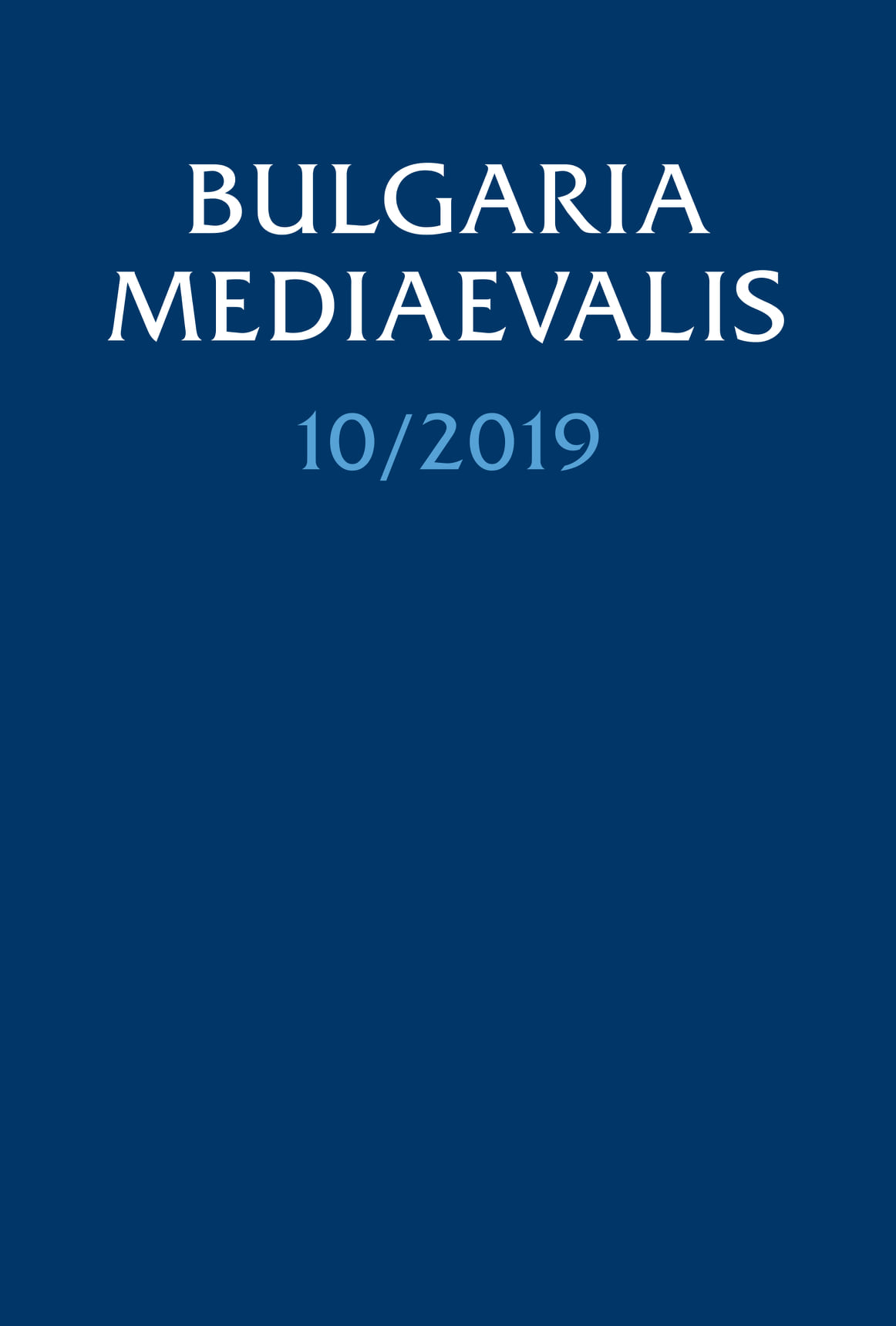The religious life of women in medieval Bulgaria
The religious life of women in medieval Bulgaria
Author(s): Sashka GeorgievaSubject(s): History, Middle Ages
Published by: Фондация "Българско историческо наследство"
Keywords: medieval gender studies; women’s religious life; religious donations; female literacy in medieval Bulgaria.
Summary/Abstract: The subject of this study concerns some aspects of women’s participation in the creation of the cultural heritage of medieval Bulgaria. In the Middle Ages, all aspects of the intangible culture were in one way or another connected to the religious, since the Divine was at the centre of religious quests and activities of the medieval people. Religions predetermined the forms of the Divine and the ways of communicating with it, as well as the norms of behaviour perceived as pleasing to God or sinful. Information on ritual and religious behaviour of women in Bulgaria is extremely scarce, because participation of women in Christian religious cult was restricted by canon law. Christian women could only attend church services, read prayers, attend solemn receptions of holy relics. Their religious activities were, first and foremost, in the sphere of unofficial religious behaviour and are mainly related to charity, benevolence, and compassion. The article presents examples of such behaviour and actions found in sources. Particular attention is paid to donations in favour of God-pleasing deeds, which is the most common form of women’s participation in the religious life of medieval Bulgaria. Apart from the above mentioned activities some exceptional cases were added, such as the attempt of Tsaritsa Maria Palaeologina to defend the Orthodox faith fighting against the Uniate policy of Emperor Michael VIII Palaeologos. The place of nuns and heretics in the religious life of medieval Bulgaria is also subject to investigation. The conclusion of the analysis of the available sources is that woman throughout the Bulgarian Middle Ages participated in cultural life almost exclusively as a consumer, and as a Maecenas when giving donations and ordering books. Her religious interests were focused entirely on seeking a connection with God, mostly in order to earn His favour for herself and for those closest to her. The only information about women engaged in enlightenment, in the sense of spreading religious knowledge, is related to Bogomilism, considered heresy by the Orthodox Church. There is no evidence that the Orthodox Church promoted a positive attitude towards education of women who belonged to the common people, nor is there any information showing parents’ desire to provide literary education to their daughters. There is no clear evidence of even elementary literacy among women, not only in the middle and lower social classes, but also among the upper aristocracy. However, the lack of definite data on women’s literacy does not necessarily mean that women were illiterate or that they did not appreciate literacy and the role of the written speech. The evidence of female donations on buying, copying religious books or renewing their covers from the time after the Bulgarian people was left without its own state and its own church – the institutions who previously had been responsible for the preservation and development of cultural achievements – shows that women were aware of the importance of that task and together with men (who again appear more often than women in this regard) took to it as best as they could.
Journal: Bulgaria Mediaevalis
- Issue Year: 10/2019
- Issue No: 1
- Page Range: 291-308
- Page Count: 18
- Language: English
- Content File-PDF

